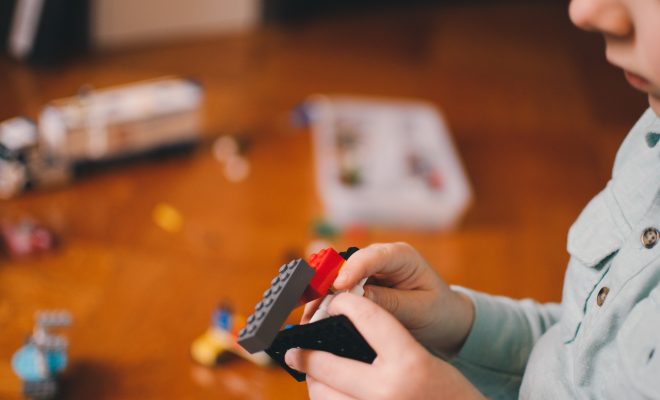Dealing with a Child Who Steals

If you discovered a pack of gum you didn’t buy in your child’s coat pocket, you’re not alone. According to the National Association for Shoplifting Prevention, children account for roughly one-fourth of all shoplifters. Parents understandably fear when they discover their child is a thief and are concerned about the long-term consequences of regular theft.
Stealing is a widespread problem among children, particularly those who lack impulse control. When their mind is set on acquiring what they want, it can be tough to persuade them not to take it. Controlling your child’s thievery should be a top issue for parents. Use these simple ideas to teach your child not to take items that are not theirs.
Recognize why they stole the thing.
You may believe you have a good relationship with your child, but do you truly understand why they chose to steal? Before you leap to judgments, you should sit down and have an open discussion with your child. Discuss their motivation for stealing the item and how they felt afterward. Your youngster may already be feeling a great deal of shame for their behavior. During these open dialogues, avoid lectures and character judgment.
Older children should be allowed to discuss what should be done about the theft. They may decide to return the item on their own or to confess what they did to a buddy. Honesty is always the best policy, and you should help your child reach this conclusion on their own.
Make your youngster return the item.
This is one of the most effective methods for teaching your child to take responsibility for their actions. If they took a little toy or item from the grocery store, request that they return it to customer service. Assist them in developing an appropriate and brief confession of what they did.
This may only need to be done once for young children. During these meetings, many customer service professionals are patient and pleasant. Repeat offenders may require security or shoplift prevention services to have a serious conversation with your child about the gravity of their acts.
Develop a reparation scheme.
Perhaps your youngster stole something that is difficult to return to the business. Perhaps they stole money from a friend or a candy bar they had already consumed. In these cases, teaching kids the true value of the objects they stole is a preferable approach.
Create a system that allows your youngster to earn money to compensate for the item they stole or the damage they caused. This should not be a harsh punishment. Instead, consider what is reasonable in light of the circumstances and your child’s age. You can choose ordinary housework, yard work, or community service at a nearby nursing home.
Stealing can swiftly escalate into a major problem if parents do not confront it promptly. While you don’t want to be too harsh with your sanctions, children must learn the seriousness of theft and stealing. Use these tactics to minimize a possibly minor problem from becoming a major one.






